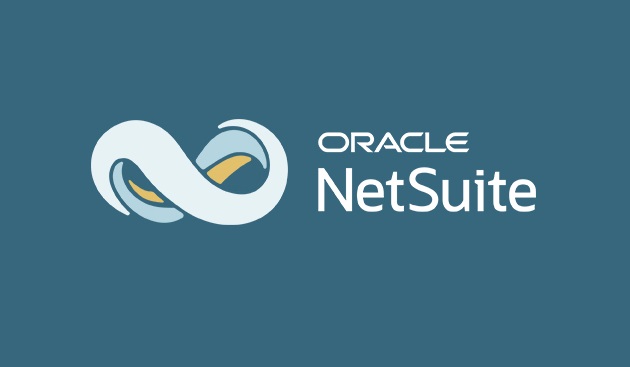By Lilac Bar David.
Accounting departments have undergone a rapid evolution throughout the years. Gone are the days of thick carpets strewn with paperwork and manual calculators, as manual processes have been replaced by software that enhances accuracy and efficiency, including artificial intelligence.
But even as accounting professionals are increasingly expected to adopt a technology-centric approach, many organizations still rely on outdated processes that cause frustrations among workers and slow down the ability of business leaders to optimize their strategic focus.
According to a recent study, only 6.6% of accounting executives are leading the charge toward adopting generative AI tools. While common accounting tasks could be easily automated by AI, it is only just beginning to reach the accounting industry.
Generative AI offers transformative benefits by enabling real-time data analysis and decision making, as well as the automation of otherwise repetitive and monotonous tasks. For instance, data entry is especially prone to errors, but AI is already helping to automate this task. AI is not just an accounting tool; it’s a disruptive partner that streamlines workflows, provides immediate access to actionable insights, and gives businesses time back.
The potential of generative AI extends beyond operational efficiencies. It revolutionizes traditional financial management practices, enhances compliance and fraud detection through advanced data analytics, and empowers accountants to transition from transactional roles to strategic advisors. By leveraging AI’s predictive capabilities, accountants can forecast financial trends, refine strategic decision-making, and proactively navigate market uncertainties. Specifically, the impact of AI on the financial management of small businesses cannot be understated.
Many small business owners struggle to get their businesses off the ground because they lack financial knowledge and the funds to invest in a robust task force or systems to help them succeed. And despite this knowledge gap, according to a recent Lili survey, 80% of small business owners handle their own accounting and finances. As more than 30% of businesses fail within two years, embracing generative AI could help boost financial literacy among small business owners, giving more owners accessible tools to succeed.
Big corporations have large finance and accounting teams, but now, AI tools are democratizing access to high-level financial expertise, leveling the playing field for small businesses. For example, small businesses now have access to an AI-powered chatbot that can answer accounting questions in real-time. While AI cannot fully replace human accountants and financial experts, it can empower business owners to make informed financial decisions, optimize operations, and ensure that they remain competitive.
But despite the potential for AI in accounting, the transition won’t come without hurdles. Small business owners and larger accounting teams alike remain tethered to legacy systems and entrenched in conventional work habits, such as overreliance on spreadsheets and outdated invoicing practices.
Embracing AI in accounting requires a strategic approach. An industry-wide implementation requires robust governance frameworks that address businesses’ concerns, ensures data security, and maintains regulatory compliance. As AI evolves, so too must the skills and expertise of accounting professionals who will no longer be valued for their once critical expertise in spreadsheets and calculations, but for their proficiency navigating AI prompts and automation.
While the accounting sector grapples with legacy systems and traditional workflows, the integration of generative AI offers a transformative pathway toward innovation, enhanced productivity, and more rapid business growth. Embracing AI in accounting means redefining the industry and stepping into a future where technology works hand in hand with employees.
Lilac Bar David is the co-founder and CEO of Lili.
Thanks for reading CPA Practice Advisor!
Subscribe Already registered? Log In
Need more information? Read the FAQs




